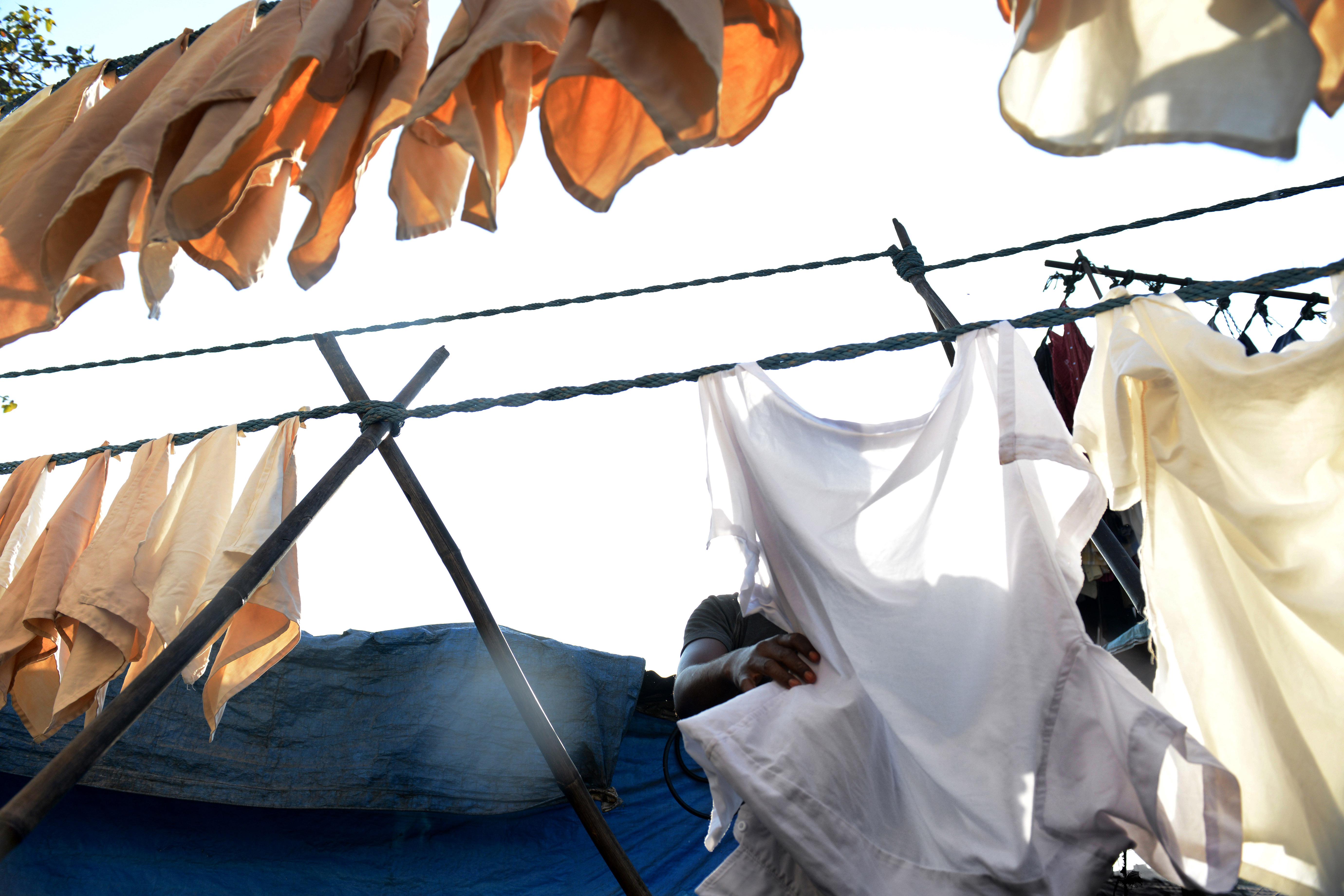The New York Times columnist Ross Douthat once tweeted that New York Magazine is secretly a socially conservative rag. This week’s cover story—a bomb thrown into the work/family debate ignited by Sheryl Sandberg’s Lean In—is about “feminist housewives,” who say they’re “having it all by choosing to stay home.” (Can we please, please murder the phrase “having it all”? If I live the rest of my life without seeing it in print again I will die a happy blogger). Certainly one can be a feminist and a housewife at the same time. The two are in no way incompatible.
But, the foundations of this fake-trend piece (from the normally insightful Lisa Miller) seem a little tenuous. Here’s data she cites as the groundwork for the notion that more feminists are staying home:
“The number of stay-at-home mothers rose incrementally between 2010 and 2011, for the first time since the downturn of 2008. While staying home with children remains largely a privilege of the affluent (the greatest number of America’s SAHMs live in families with incomes of $100,000 a year or more), some of the biggest increases have been among younger mothers, ages 25 to 35, and those whose family incomes range from $75,000 to $100,000 a year.”
She’s not wrong, but when you look at Census Bureau Statistics, women like Kelly Makino—the social worker featured most heavily in the piece—are still pretty rare. Of women with graduate or professional degrees, 75 percent of them who had a child in the past year work, and 60 percent of those women work full time.* When you look at highly educated women who have older children, about 86 percent of them are in the work force. So we’re not talking about hordes of women who are “too busy mining their grandmothers’ old-fashioned lives for values they can appropriate like heirlooms, then wear proudly as their own,” as New York claims. Such women, if they exist, are a minuscule sliver of the whole pie.
The article also relies on a lot of assertions—mostly from that one feminist housewife, Kelly Makino—about how women are more “hardwired” to be mothers. There’s scant evidence for this claim in the piece, beyond a few short quotes from an evolutionary biologist. But you know what the article doesn’t touch on at all? Pregnancy. That is one thing women are undeniably wired to do that men aren’t, and it makes a lot of them feel really physically bad for a period of about 12 months, including postpartum. Most articles I’ve read about women’s work choices gloss over the fact that maybe women are staying home because they’re exhausted, or because they don’t get any paid maternity leave—not because they are “conditioned to be more patient with children, to be better multitaskers, to be more tolerant of the quotidian grind of playdates and temper tantrums,” as Makino asserts.
Still, when you strip away the weird gender essentialism and the fact that the article is ginning up a trend where there is none, you do see the core of what the current “problem that has no name” is. It’s time. When you’re in a marriage where both people have not-extremely-lucrative careers and you throw a child into the mix, something, someone has to give. As Miller puts it, “When two people need to leave the house at 6 a.m., who gets the children ready for school? When two people have to work late, who will meet that inflexible day-care pickup time? And who, finally, has the energy for those constant transactions?” No wonder some families are deciding one parent will take on primary responsibility for the kids in this morass. But talking about that isn’t nearly as sexy as describing a hipster housewife with a nose stud and Converse and slapping it on the cover of your mag with an alarmist headline.
Correction, March 18, 2013: Due to a misreading of the Census Bureau’s Labor Statistics, this post originally stated that 3.3% of women with advanced degrees who had a child in the past year and are from households making $75,000 to $100,000 are unemployed. In fact, 3.3% of all women who had a child in the past year and are from households making $75,000 to $100,000 are unemployed. The post has been updated with new data to support the author’s argument.
